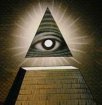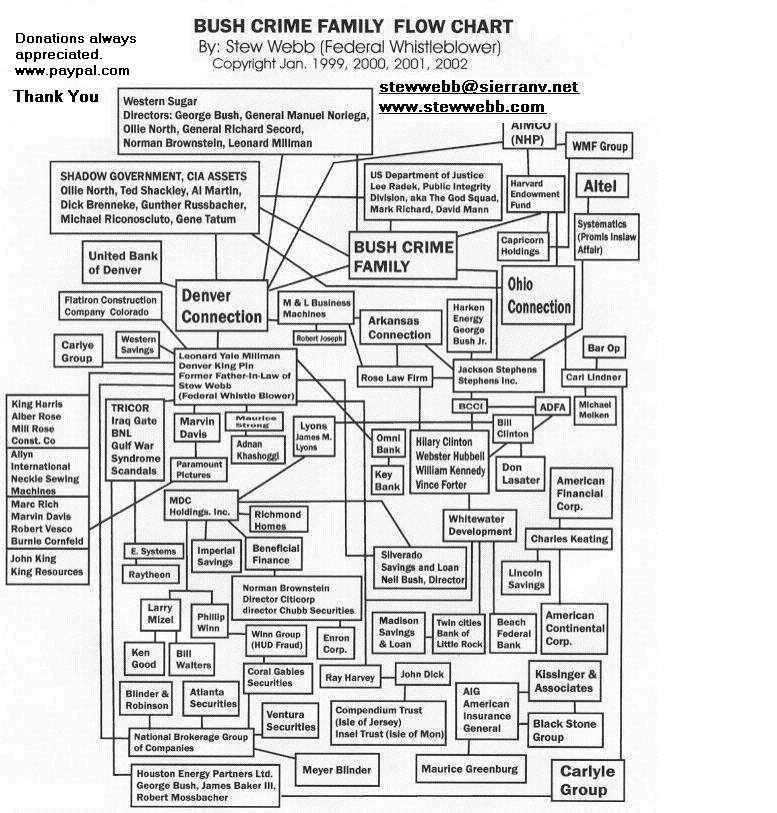
By RICHARD LARDNER and ERICA WERNER, Associated Press Writers 27 minutes ago
WASHINGTON - The Army censured a retired three-star general Tuesday for a "perfect storm of mistakes, misjudgments and a failure of leadership" after the 2004 friendly-fire death in Afghanistan of Army Ranger Pat Tillman.
Army Secretary Pete Geren asked a military review panel to decide whether Lt. Gen. Philip Kensinger, who led Army special forces operations in Afghanistan after the Sept. 11 attacks, should also have his rank reduced.
In a stinging rebuke, Geren said Kensinger "failed to provide proper leadership to the soldiers under his administrative control" when the Army Ranger and former pro football star was killed in 2004.
Geren said that while Kensinger was "guilty of deception" in misleading investigators, there was no intentional Pentagon cover-up of circumstances surrounding Tillman's death — at first categorized by the military as being from enemy fire.
"He let his soldiers down," Geren said at Pentagon news conference. "General Kensinger was the captain of that ship, and his ship ran aground."
Geren said he has directed a review panel of four-star generals to decide whether Kensinger, a three-star, should also have his rank reduced. If Kensinger is demoted to major general, his monthly retirement pay of $9,400 would be cut by about $900, according to Army officials.
"Had he performed his job properly, had he performed his duty, we wouldn't be standing here today," Geren said.
Kensinger, who retired in February 2006, received a letter of censure from Geren that said he "subverted the trust" that had been placed in him and "caused lasting damage to the reputation and credibility of the U.S. Army."
Geren said he considered recommending a court-martial for Kensinger but ruled it out.
Kensinger, whose line of authority included the Army Rangers, also failed to properly notify the Tillman family a fratricide investigation had begun shortly after he was killed, did not initiate a required safety investigation.
Kensinger's lawyer, Charles W. Gittins, did not return numerous phone and e-mail messages from The Associated Press seeking comment. But in correspondence with Army officials weeks before Geren's announcement, Kensinger denied misleading investigators.
Kensinger, a 1970 West Point graduate, was the top officer at Army Special Operations Command in Fort Bragg, N.C., from August 2002 through December 2005.
Geren's actions fail to end a three-year controversy that has damaged the ground service's image. Even as the Army's top civilian was telling reporters he did not know exactly when he'd receive a recommendation from the review board on Kensinger's rank, members of Congress were already judging whether the Army had gone far enough.
Sen. Barbara Boxer and Rep. Mike Honda, both Democrats from Tillman's home state of California, said there still too many unanswered questions.
"We still don't know the full story about the way the Pentagon and this administration managed this tragedy," Boxer said in a statement. "In my view, the Army should reconsider today's announcement and instead move forward with harsher penalties."
In a separate statement, Honda called Geren's actions "necessary and long overdue" but added "they do nothing to lift the appearance of cover-up that continues to envelop the Pat Tillman story."
The punishment of Kensinger stands in contrast to the light touch given other senior officers who were involved in a litany of mistakes that came after members of Tillman's units accidentally killed him in the early evening hours of April 22, 2004.
Army Lt. Gen. Stanley McChrystal, who oversees the military's most sensitive counterterrorism operations, received no punishment. McChrystal has been cited for passing on misleading information that led to a Silver Star award to Tillman.
Brig. Gen. James Nixon, Tillman's former regimental commander, was issued a "memorandum of concern" for his "well-intentioned but fundamentally incorrect decision" to keep information about Tillman's death limited to just his staff.
Nixon is now a top official at U.S. Special Operations Command in Tampa, Fla.
Geren said that investigations have conclusively shown that accidental fire from U.S. troops was responsible for the death in Afghanistan of Tillman, who had walked away from a $3.6 million contract with the Arizona Cardinals to become an Army Ranger.
The Army initially suggested that Tillman, 27, had been killed in a firefight with enemy militia forces. The Army then arranged a ceremony to award Tillman a Silver Star for bravery.
Five weeks after his death, the Army notified the Tillman family that Tillman died from rounds fired in error by U.S. troops.
Geren cited "multiple actions on the part of multiple soldiers" in compounding the confusion that surrounded the death.
But there "was never any effort to mislead or hide" or keep embarrassing information from the public, Geren said.
He said Tillman deserved the Silver Star, the military's third- highest award for valor in combat, despite the circumstances surrounding his death.
He could understand how the Tillman family and other Americans might reach the conclusion that there was a cover-up, Geren said.
"The facts just don't support this conclusion," he said. "There was no cover-up."
But he said, "We have made mistakes over and over and over, an incredible number of mistakes in handling this. We have destroyed our credibility in their eyes as well as in the eyes of others."
Tillman's family has insisted there was a cover-up that went as high as former Defense Secretary Donald H. Rumsfeld. Geren was asked whether there was any indication Rumsfeld was aware that Tillman's death was by friendly fire before that information was made public.
"I have no knowledge of any evidence to that end," Geren replied.
Aside from his decision to censure Kensinger, Geren said that he was accepting recommendations by Gen. William Wallace, who the Army secretary tasked to review a March report by the Pentagon inspector general into Tillman's death.
Based on Wallace's findings, Nixon and three other officers received a memorandum of concern. The others are:
_Retired Brig. Gen. Gary Jones, who led one of the early Army investigations. Jones was criticized for incorrectly characterizing Tillman's actions in describing why he should be awarded a Silver Star.
_Brig. Gen. Gina Farrisee, director of military personnel management at the Pentagon, for failing to ensure that the concerns of a medical examiner were properly resolved.
_Lt. Col. Jeff Bailey, Tillman's battalion commander, for his handling of the punishment against the rangers involved in the shooting of Tillman.
Three other officers also received punishments but because they were below the rank of general officer, the Army did not release their names.
The House Oversight and Government Reform Committee issued a subpoena Monday night for testimony from Kensinger, said committee spokeswoman Karen Lightfoot. The subpoena is currently in the hands of U.S. marshals who are trying to deliver it in advance of Wednesday's committee hearing on the Tillman affair, Lightfoot said.
___
Associated Press writer Scott Lindlaw contributed to this report from San Francisco.












 charges against former White House counsel Harriet Miers and chief of staff Joshua Bolten for their failure to comply with an investigation into the firing of eight US Attorneys.
charges against former White House counsel Harriet Miers and chief of staff Joshua Bolten for their failure to comply with an investigation into the firing of eight US Attorneys.